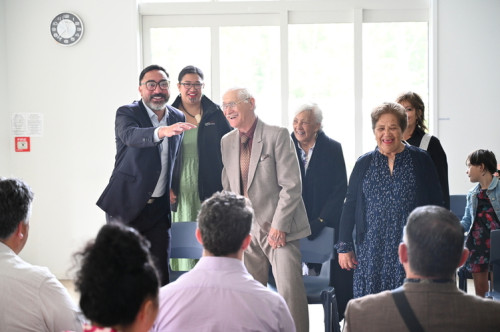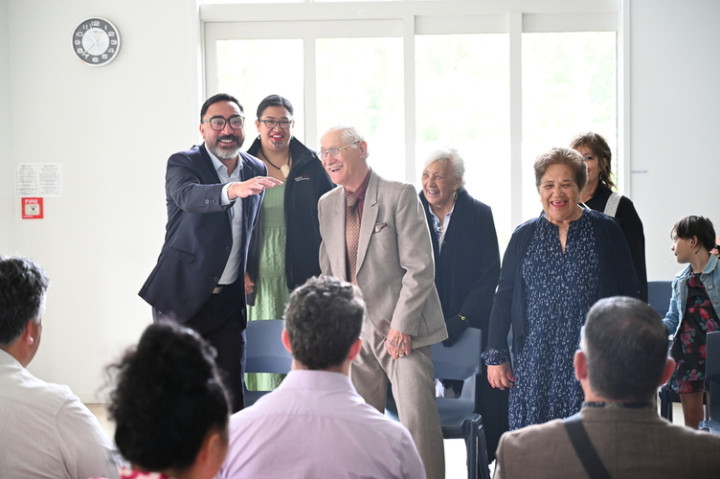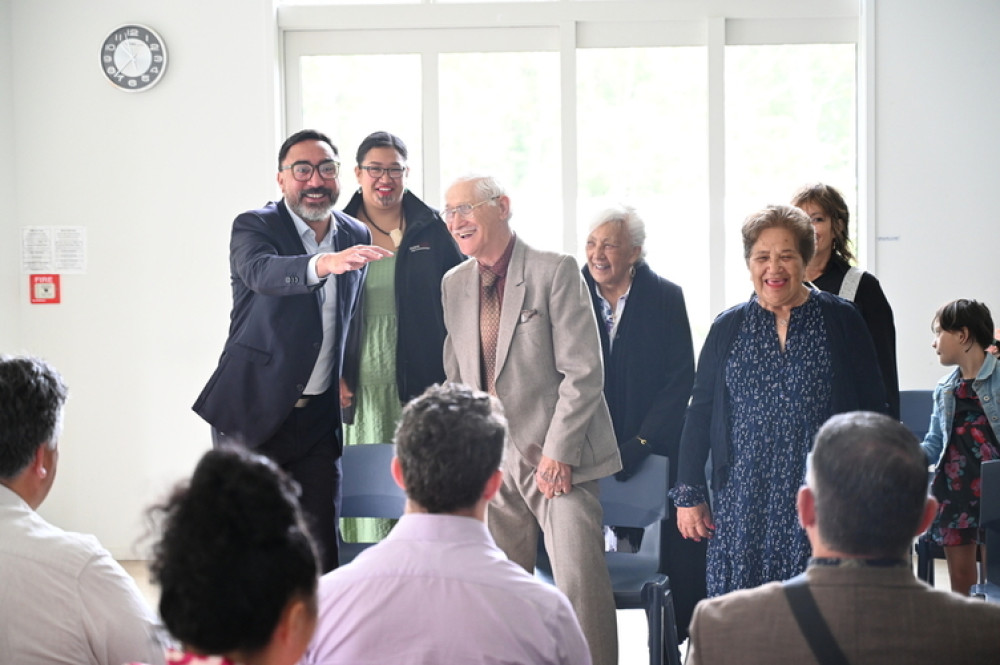


Hauora Māori partners delivering improved maternity and early years services as part of Kahu Taurima have connected and shared knowledge at a series of regional wānanga across Aotearoa.
Kahu Taurima is the joint approach between Te Aka Whai Ora and Te Whatu Ora on maternity and early years – pre-conception to five years old, or the first 2,000 days of life – for all families in Aotearoa New Zealand.
As part of the programme, forty hauora Māori partners across the country are developing and implementing Te Ao Māori Models of Care for maternity, child growth and development, and delivering a range of initiatives including developing telehealth pathways, a maternal mental health and wellbeing assessment tool,
strengthening the Māori midwifery and child growth development nursing workforce, and developing educational programmes.
The wānanga, which were held in Te Tai Tokerau (Northland), Hamilton (Kirikiriroa), Whakatane, Te Papaioea (Palmerston North) and Ōtautahi (Christchurch), were an opportunity for partners to whakawhanaungatanga and discuss how they are working to achieve equitable outcomes.
They also shared what was working well, explored solutions to challenges they are facing, and discussed future opportunities.
Te Aka Whai Ora Maiaka Hapori Deputy Chief Executive, Public and Population Health, Selah Hart says the wānanga saw partners building strong relationships with one another.
“Our hauora Māori partners are working towards a common goal to improve the way maternity and early years services are delivered for whānau.
“The wānanga allowed them to connect and share knowledge, as we work together to improve outcomes for our communities.”
Selah adds that Kahu Taurima is taking a co-design approach, which means the wānanga were also important for Te Aka Whai Ora to hear feedback from partners on how things are going.
“Through a co-design approach, Kahu Taurima is working in a fundamentally different way to reconfigure services. This will enable the shifts required to achieve a Tiriti-dynamic, culturally safe, whānau-centered and sustainable maternity and early years system.
“We appreciated hearing from partners about what was working well and what challenges they were facing.”
She adds that through an improved system, whānau will have the opportunity to receive easy to navigate, culturally affirming services that best suit their needs, be at the centre of how services are being shaped and delivered, and that they will have choices on what services best suit them.
“The vision is that the system will work for whānau – rather than them having to work to navigate the system – and that they will feel supported, valued and receive the care they need during the parenting journey.
“These positive shifts will support the system now and for generations to come.”